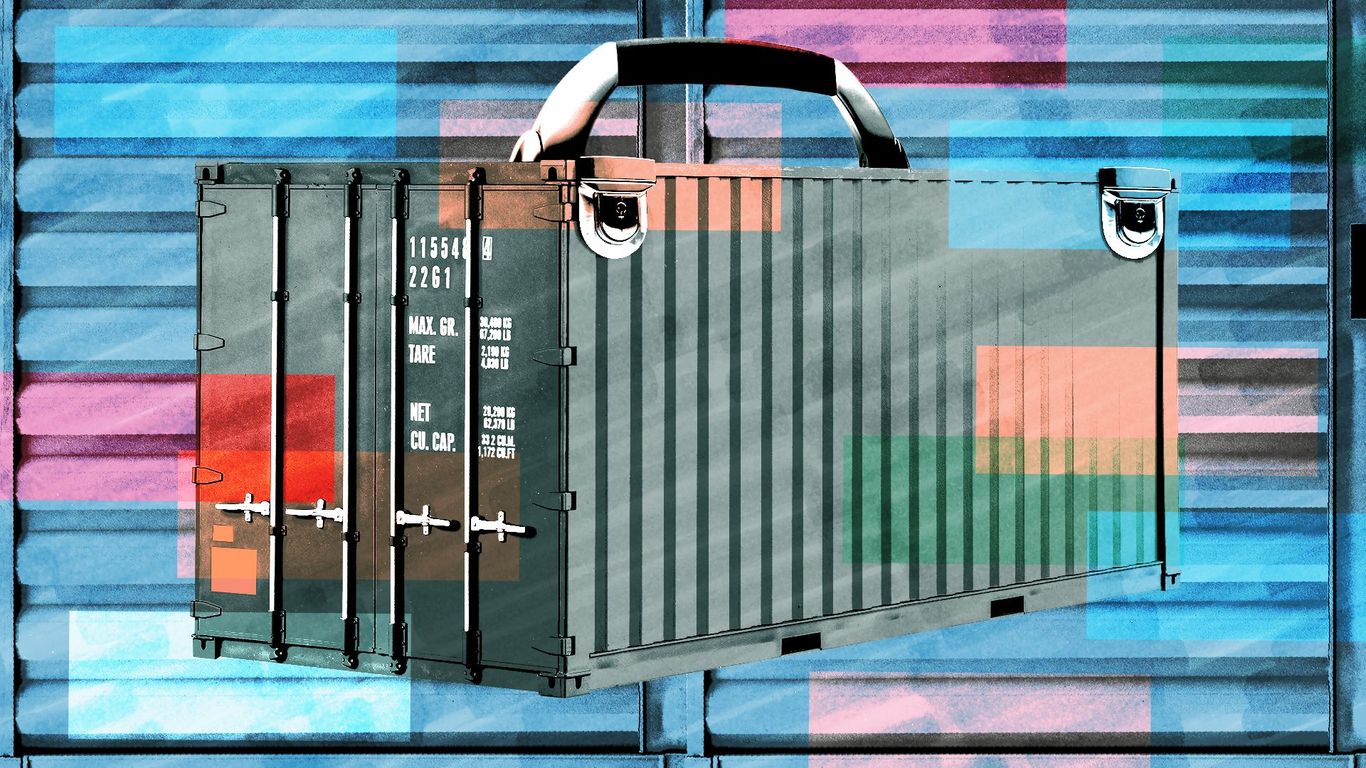The Economic Ripple: How Trump's Tariffs are Shaking Businesses
The Impact of Tariffs on Business Operations
The imposition of tariffs by the Trump administration created an immediate sense of distress across a spectrum of industries. From manufacturing to agriculture, companies are grappling with increased operational costs. The tariffs, impacting imported goods such as steel and aluminum, have forced companies to either absorb these costs or pass them onto consumers, neither of which are sustainable long-term strategies.

Effects on Small and Medium Enterprises
Small and medium-sized enterprises (SMEs) are often the hardest hit by such economic policies. Unlike large corporations, they do not have the same financial leeway to navigate these additional costs. The cycle of increased prices can lead to a reduced customer base, affecting revenue streams and profitability.
"Tariffs are essentially a regressive tax that disproportionately impact smaller businesses and consumers," says Steven Rattner, an economic analyst.
Global Trade Dynamics
The global trade landscape is intrinsically intertwined, and tariffs disrupt these established relationships. The U.S.'s stringent tariffs have led to retaliatory measures from other countries, further complicating international trade. An attempt to safeguard domestic industries, these tariffs may have inadvertently isolated American companies from beneficial international partnerships.
Potential Long-term Consequences
- Job losses stemming from companies needing to cut costs.
- Increased consumer prices as businesses pass on tariff costs.
- Reduction in international market competitiveness for U.S. companies.
A Broader Economic Perspective
While the initial phase of tariffs was met with mixed reactions, economists have warned of the long-term repercussions. Industries reliant on imported materials have faced escalating costs, forcing a reconsideration of supply chain strategies. The ongoing escalations indicate a continued pressure on economic stability.
Explore in-depth books on the economics of tariffs to gain more insights into how these policies shape the global economy.
Additionally, engage with discussions and papers available on professional platforms, such as LinkedIn, for a broader understanding of industry responses and strategies.
The tariff debate demonstrates the delicate balance of global trade systems, emphasizing a need for more tactful economic strategies. Companies and policymakers must navigate these challenging waters with foresight and adaptability to ensure resilience against economic upheavals.
